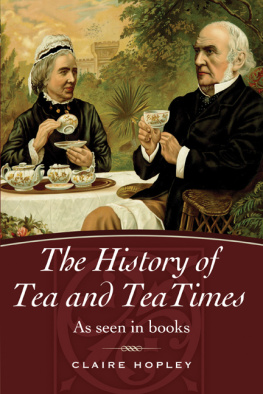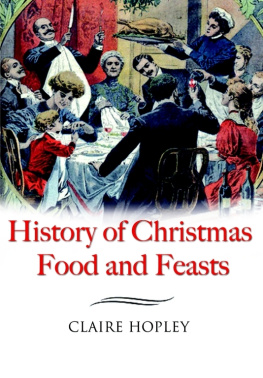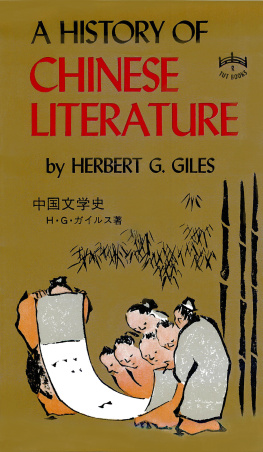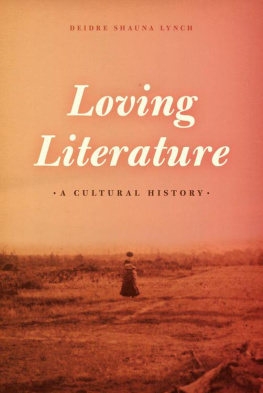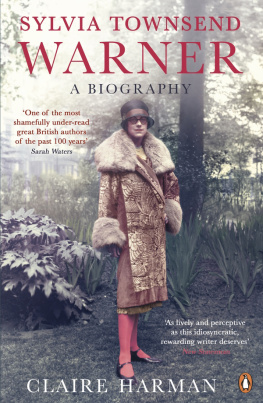
With memories of Sunday afternoon tea with my parents and sister.

First published in Great Britain in 2009 by
Remember When
an imprint of
Pen & Sword Books Ltd
47 Church Street
Barnsley
South Yorkshire
S70 2AS
Copyright Claire Hopley, 2009
ISBN 978-1-84468-030-6
ISBN 978-1-84468-281-2
The right of Claire Hopley to be identified as Author of this Work has been asserted by her in accordance with the Copyright, Designs and Patents Act 1988.
A CIP catalogue record for this book is available from the British Library.
All rights reserved. No part of this book may be reproduced or transmitted in any form or by any means, electronic or mechanical including photocopying, recording or by any information storage and retrieval system, without permission from the Publisher in writing.
Typeset in 12/14 Palatino by
Concept, Huddersfield, West Yorkshire
Printed and bound in England
by CPI UK
Pen & Sword Books Ltd incorporates the imprints of Pen & Sword Aviation, Pen & Sword Maritime, Pen & Sword Military, Wharncliffe Local History, Pen & Sword Select, Pen & Sword Military Classics, Leo Cooper, Remember When, Seaforth Publishing and Frontline Publishing.
For a complete list of Pen & Sword titles please contact
PEN & SWORD BOOKS LIMITED
47 Church Street, Barnsley, South Yorkshire, S70 2AS, England
E-mail: enquiries@pen-and-sword.co.uk
Website: www.pen-and-sword.co.uk
Contents
I n the Eighteenth Century Dr. Samuel Johnson confessed himself a hardened and shameless tea drinker, ruefully admitting that his kettle had scarcely time to cool because he drank tea from morning until midnight. Millions of us share his enthusiasm for tea, needing it at breakfast, with mid-morning breaks, and as a restorative at the end of the day. Though afternoon tea as a daily event is no longer a daily event for most of us, its more than ever delightful as a special-occasion treat, its very rarity encouraging serious splurging on tiered dishes of enticing little sandwiches and pretty pastries, on strawberries or scones or both with lots of cream.
Yet for much of our history tea was unknown. It arrived in the 1650s, quickly became wildly fashionable, and within a few decades tea had become the daily beverage of most people.
Why did they choose tea rather than coffee, which arrived in Britain at about the same time as tea? Where did they buy it? How did they make and drink it? How did tea-times such as afternoon tea and high tea come about? Most importantly, who drank tea together and what was its social significance?
To answer these questions this book traces the history of tea through many sources, but most importantly, it focuses on novels, plays, poems and other literary texts to explore the social and emotional aspects of tea-drinking. From Samuel Pepys, who drank tea as a protection against illness, to George Orwell, who explained how to get the best out of the meagre wartime ration; from Congreves Millamant, who insisted on being sole empress of my tea-table to Jane Austens Fanny Price, Charlotte Bronts Jane Eyre, and even J.K. Rowlings Hagrid, writers and their characters have joined Dr. Johnson in loving and relying on tea. However, what it has meant to them has varied over the centuries. Understanding literary tea-times illuminates the role tea has played in British life. It also often sheds new light on scenes such as Jane Eyres tea with her headmistress, the hotel tea Pip tries to buy for Estella in Great Expectations, and the tea Lily Bart pours for the men she thinks about marrying in Edith Whartons The House of Mirth.
Claire Hopley
I WISH to acknowledge the generosity of the many authors, their agents and publishers who have given permission to quote from their works. Quotations from Murphy by Samuel Beckett are used with permission of Faber and Faber, Limited. Lines from Sir John Betjemans poem In a Bath Tea Shop from Collected Poems 1970 are reproduced by generous permission of John Murray (Publishers). A.P. Watt gave permission on behalf of the Executors of the Estate of K.S.P. McDowell to quote from the Mapp and Lucia novels of E.F. Benson. Quotations from The Last September and The Heat of the Day by Elizabeth Bowen are copyright Elizabeth Bowen 1929, 1949, and reproduced with the kind permission of Curtis, Brown Group Ltd., London on behalf of the estate of Elizabeth Bowen. Rodgers, Coleridge and White Ltd. gave permission to quote from Anita Desais novel Fasting, Feasting (1999). Arthur Dobrin kindly gave permission to quote his poem The Wine of the Poor. Permission to quote from Graham Greenes Travels with my Aunt (1969) comes from David Higham Associates, who also gave generous permission to quote from Molly Keanes Good Behaviour (1981) and Taking Chances (1929). A.P. Watt gave permission on behalf of the Royal Literary Fund to quote from W. Somerset Maughams Of Human Bondage (1915) and Cakes and Ale (1930). Sally Keefe Cohen, Literary Consultant to Hebb & Sheffer of Toronto, Canada kindly arranged for me to quote from Anne of Green Gables by L.M. Montgomery (1908). Extracts from The Pie and the Patty Pan by Beatrix Potter, copyright Frederick Warne & Co., 1905 are reproduced with kind permission of Frederick Warne & Co. I thank Christopher Little Literary Agency for permission to quote from Harry Potter and the Sorcerers Stone J.K. Rowling, 1997. The quotations from May Sinclairs The Cure of Souls are reproduced by kind permission of Curtis Brown Group Ltd., London on behalf of the estate of May Sinclair copyright 1925 May Sinclair. Quotations from Dylan Thomass Under Milk Wood: A Play for Voices (1954) and A Childs Christmas in Wales (1955) are used with kind permission from David Higham Associates. I thank Elizabeth Swaffield of Wingham, New South Wales, for her generous permission to quote from Lark Rise to Candleford (1939) written by her grandmother, Flora Thompson. I thank Diana Rawston of Goodman Derrick LLP, a trustee of the estate of P.L. Travers, for permission to quote from Mary Poppins (1934). I also thank HarperCollins Publishers Ltd. for permission to quote from Little Grey Rabbits Party by 1936 Alison Uttley. The Society of Authors generously gave permission for me to quote from Virginia Woolfs Mrs. Dalloway (1925) and Between the Acts (1941).
I want to thank Nancy Cahill and her sister Patricia for their kindness and generosity. I wish also to thank Nancy Gregg for reading a draft of Chapter 5. Katy Squires of Taylors of Harrogate and John Harney of Harney and Sons, Millerton, New York arranged for me to see their production facilities and gave me information, for which I am very grateful. I want also to thank the Bramah Museum of Tea and Coffee, 40 Southwark Street, London SE1 for their help. Gwen Tudor helped me research museums and tea shops in Wales; Moira Brenard directed my attention to tea shops in Bristol; and George Ross of Edinburgh told me about tea in Scotland. I thank my sister Rona McAdam and in-laws Derek and Lillian Hopley, for driving and other help, and my husband Bob, for drinking tea, reading about tea clippers, and for listening to me natter on about tea.
The Origins and Sources of Tea: China, Japan and India
Thank God for tea! What would the world do without tea? How did it exist? I am glad that I was not born before tea.
Reverend Sydney Smith
Next page
